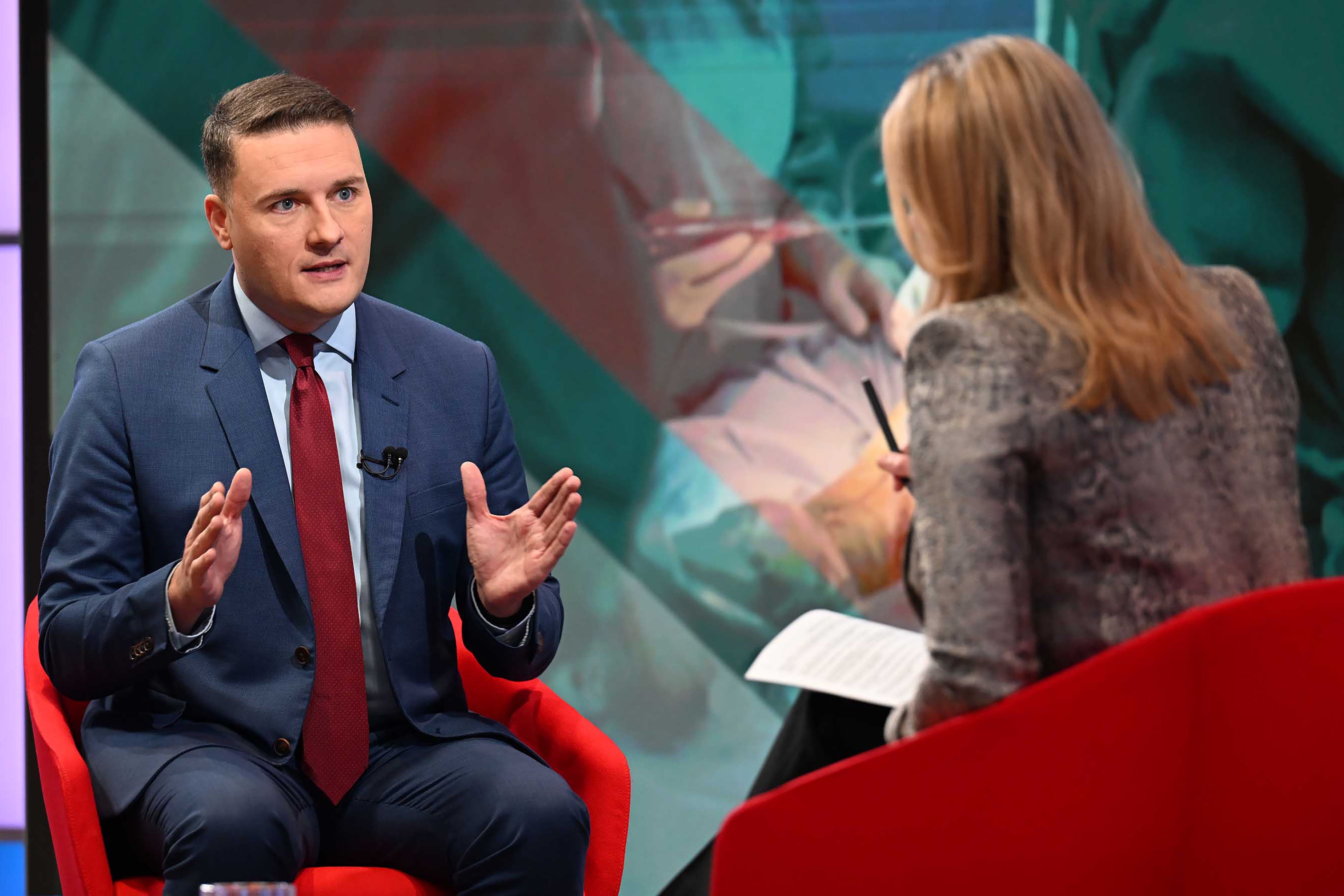If not on ‘working people’, where will the tax burden fall in Rachel Reeves’s Budget?
With Labour’s first Budget set to be unveiled in 10 days’ time, we can already see the direction of travel, writes David Maddox

As Rachel Reeves prepares to unveil her first Budget, a clear picture is emerging of how she intends to raise the money to ensure there is not another wave of austerity.
Reeves’s hands are tied, to a certain extent, because of pledges not to raise the current rates of VAT, income tax, national insurance and corporation tax. But after she promised “no new austerity”, there are other means of raising the much-needed revenue, and her choices on 30 October will say a lot about the philosophy of a government that preaches the need for economic growth.

Reeves has a £40bn problem
The context of this Budget is that the chancellor has told her colleagues around the cabinet table that, to avoid austerity measures, she needs to find at least £40bn in savings and tax rises just to stand still. On top of this, it seems that Labour has agreed to plough around £10bn extra into the NHS.
Reeves has ruled out raising national insurance, income tax, VAT, and, just last week, corporation tax. Already she claims to have found a £22bn black hole left by the Tories. But she has also said that her priority is economic growth.
Privately ministers have admitted that the government will stand or fall on achieving economic growth, because this is how public services and investment will be paid for in the future. However, no chancellor has hiked taxes by £25bn or more and achieved economic growth. Instead, Reeves seems mostly to be betting on planning reform and economic stability to deliver it.

‘No taxes on working people’
The clever use of language during the general election campaign aped the Tory promises of not raising income tax, national insurance and VAT. As an economic slogan it did the job of calming middle-class nerves into voting Labour while the Tories were self-destructing. But as the Budget approaches, it is the unsaid part of the tax policy, not included in the vague notion of “working people”, that is beginning to emerge.
One likely target – which could stretch the manifesto pledge – is national insurance paid by employers as opposed to employees. Technically, employers are not working people. On the whole, though, Labour is clearly going after wealth taxes.
Top of the list is capital gains, paid by those profiting from their own investment risks, and inheritance tax on money and property passed down through generations. But while Labour may attempt to portray this as a tax on the rich, there is a risk that it will hit middle-class voters the hardest, especially those who would struggle to move their assets and money to lower-tax regimes.
This is even more true of the apparent decision to freeze the income tax thresholds beyond 2028. As wages rise through natural inflation, middle earners are being dragged into the 40p and even 45p rate. Incidentally, these may be stealth taxes, but they are still taxes on working people.

Ideological taxes
The two taxes that Labour fessed up to in the election campaign include a tax raid on private education – with VAT exemption removed from school fees – and a change in the non-dom rules.
VAT on school fees was meant to raise £1.5bn to pay for 6,500 extra teachers, with the effective abolition of non-dom status supposed to bring in another £1bn. The problem is that there are now question marks over whether either tax will raise any money at all. In fact, there have been reports that getting rid of non-dom status could cost the Treasury money.
The rich must pay, but do they?
The ideology behind wealth taxes, taxes on independent education, and going after non-doms is that the rich should pick up a bigger proportion of the tab for public services.
This may be behind the plans for a so-called farmland tax, which would mean farms being included for the first time in inheritance tax calculations. Previously they were not, in an effort to protect Britain’s food production and rural communities.
The same ideology was evident in the decision to cut the winter fuel payment for some pensioners, when Reeves asked why millionaires should receive such support. But the act of removing it from 10 million people means that a lot of those who are close to the poverty line are in danger of going cold this winter.
The consequence of the high-tax policies – not just under Labour but under the Tories before – is that the very rich could leave the UK and transfer their wealth to lower-tax regimes. One estimate has 500,000 millionaires leaving the UK by 2028.
Will there be cuts?
It seems unlikely there will be many. Reeves, along with ministers such as health secretary Wes Streeting, has talked a lot about the need for reform in public services. The language there is not dissimilar to that of the Tories. But it was reported recently that deputy prime minister Angela Rayner had led a rebellion in cabinet against the cuts, and won.
However, there are some areas under threat. The most prominent in briefings given so far has been foreign aid, which could be reduced.
We are already aware of some cuts, such as to winter fuel payments, the future social care plan (also affecting pensioners), and investment in a new super-computer along with rail upgrades. But it seems that the majority of the spending gap will need to be filled by raising taxes.






Join our commenting forum
Join thought-provoking conversations, follow other Independent readers and see their replies
Comments